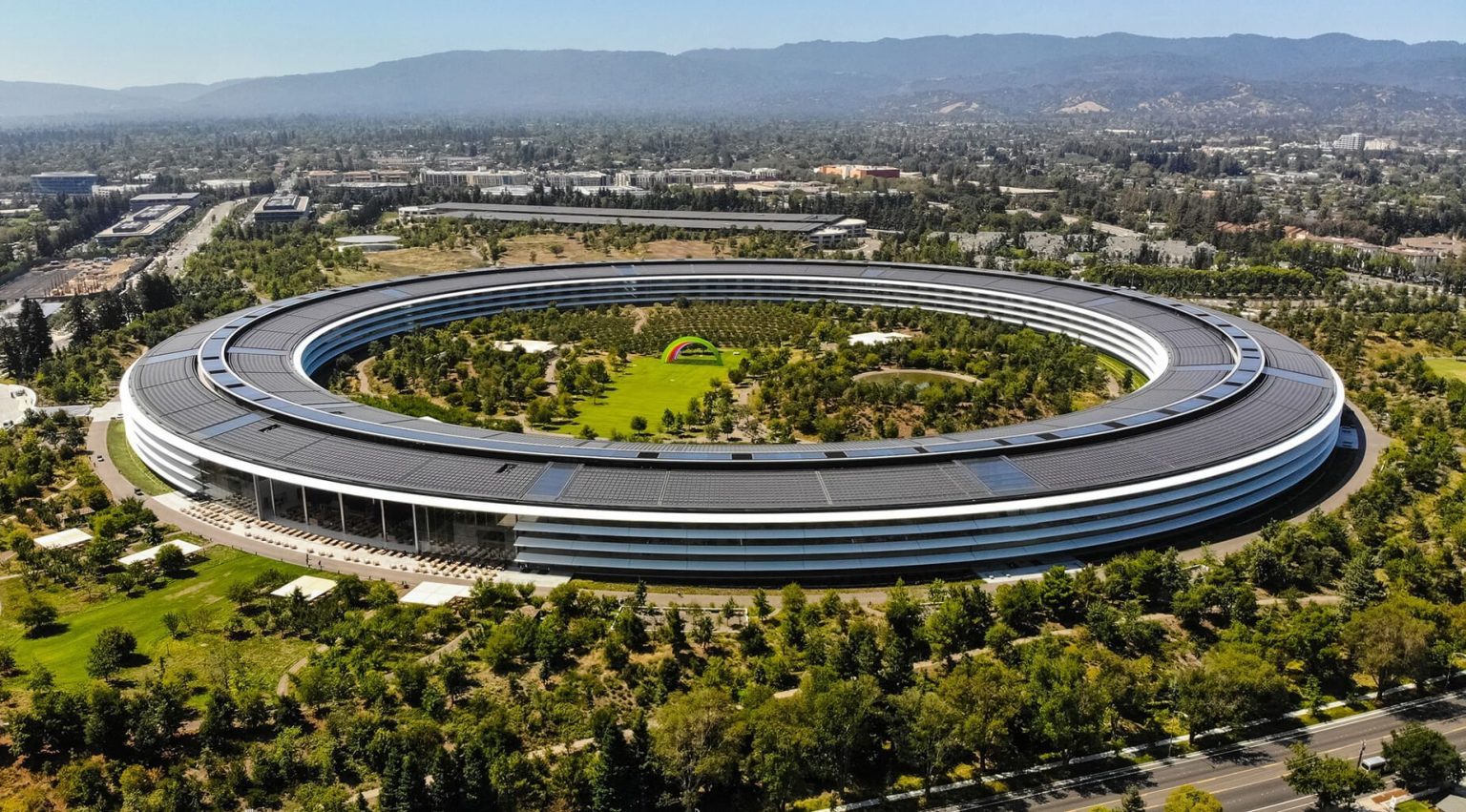Apple has announced the reaching of a settlement agreement with Rivos, a semiconductor designing startup it sued in 2022 over allegedly poaching many ex-Apple engineers and stealing trade secrets in the process (via Bloomberg).
Apple and Rivos stated in a joint court filing on Friday that they hope to finalize their agreement by March 15, pending the removal of the Cupertino company’s trade secrets and confidential information from Rivos systems after a forensic examination process.
Apple first sued Rivos in 2022, where it accused the latter of poaching many of its silicon chip engineers and designers in a “coordinated campaign” as far back as June 2021. Last year, a federal judge ruled that the Cupertino company could go ahead with its lawsuit against the startup, which it also accused of allegedly stealing trade secrets of then-unreleased Apple silicon chips and their designs.

Discover new horizons, always connected with eSIM
Travel the world stress and hassle-free with the best eSIM service available. Enjoy unlimited data, 5G speeds, and global coverage for affordable prices with Holafly. And, enjoy an exclusive 5% discount.
The company claimed that it had “sufficiently identified” trade secrets stolen by former employees for the benefit of Rivos, which the latter used to design its custom system-on-chip (SoC) processors. Rivos approached as many as 40 former Apple engineers including senior chip designers. The company also alleged that former employees stole “gigabytes of sensitive SoC specifications” through personal USB drives and AirDrop during their last employment days before moving to Rivos.
Apple in its lawsuit relied on the Defend Trade Secrets Act (DTSA), which is a federal law that allows trade secrets owners to sue other entities if they suspect trade secrets are being illegally misused. Rivos sought to dismiss DTSA and breach of contract claims against five of its employees who previously worked at Apple, which was rejected.
The lawsuit centered around the company’s SoC chip designs, which it claims to have invested billions in developing. The A-series and M-series chips, incorporating CPU, GPU, and memory on a single chip, are allegedly subject to trade secret theft by Rivos. The lawsuit specifically pointed to the M1 and A15 Bionic chip designs as examples of stolen intellectual property.
When the lawsuit was originally filed, the M1 and A15 represented the most recent Apple silicon generations. Given the intricate and time-consuming nature of engineering, validating, and testing future silicon processors, it is probable that Rivos also pilfered trade secrets about more recent Apple silicon iterations, such as the latest A17 Pro and M3 chips.



